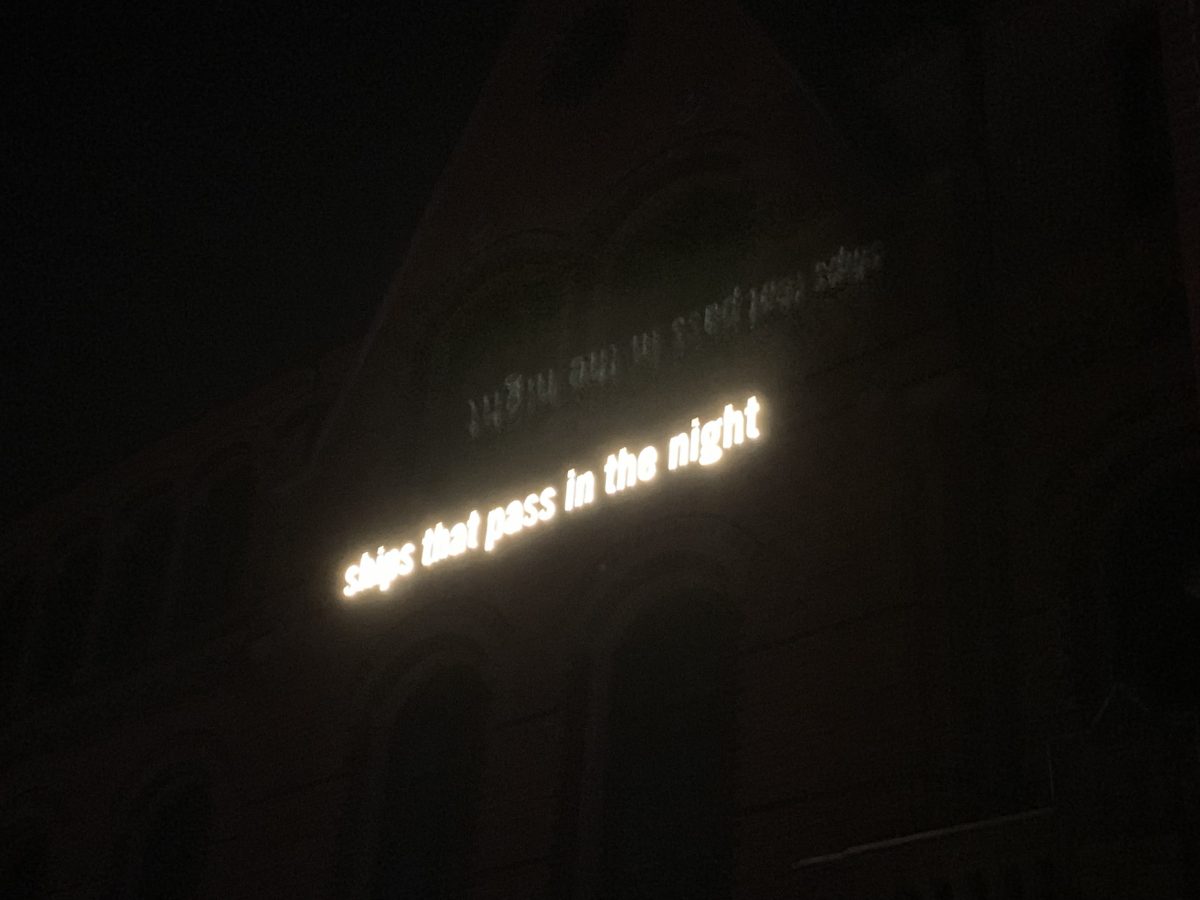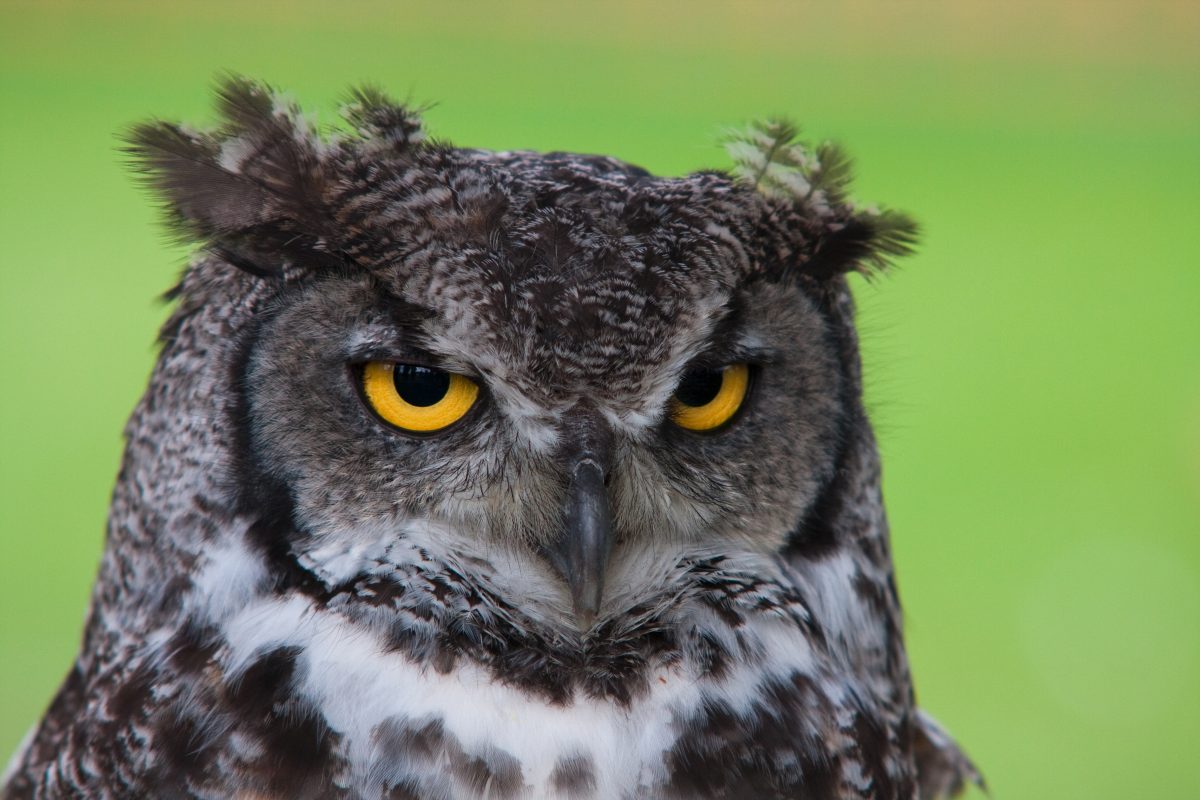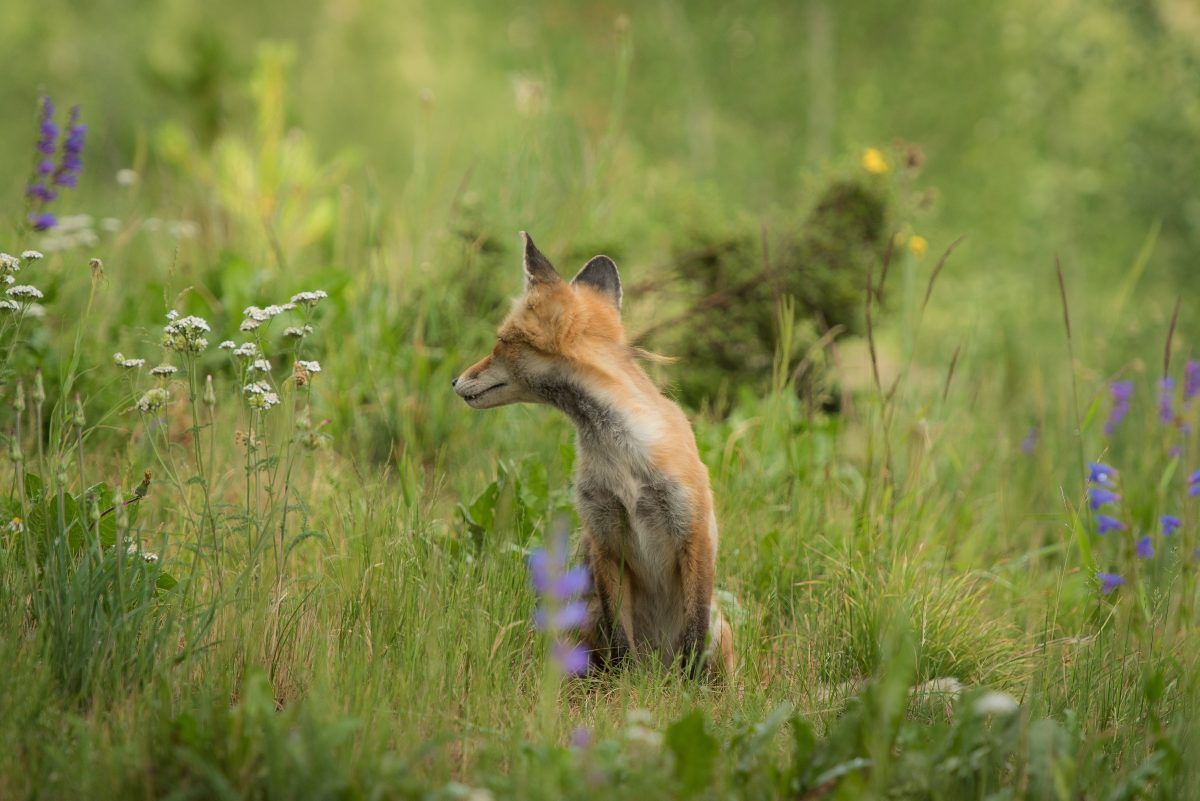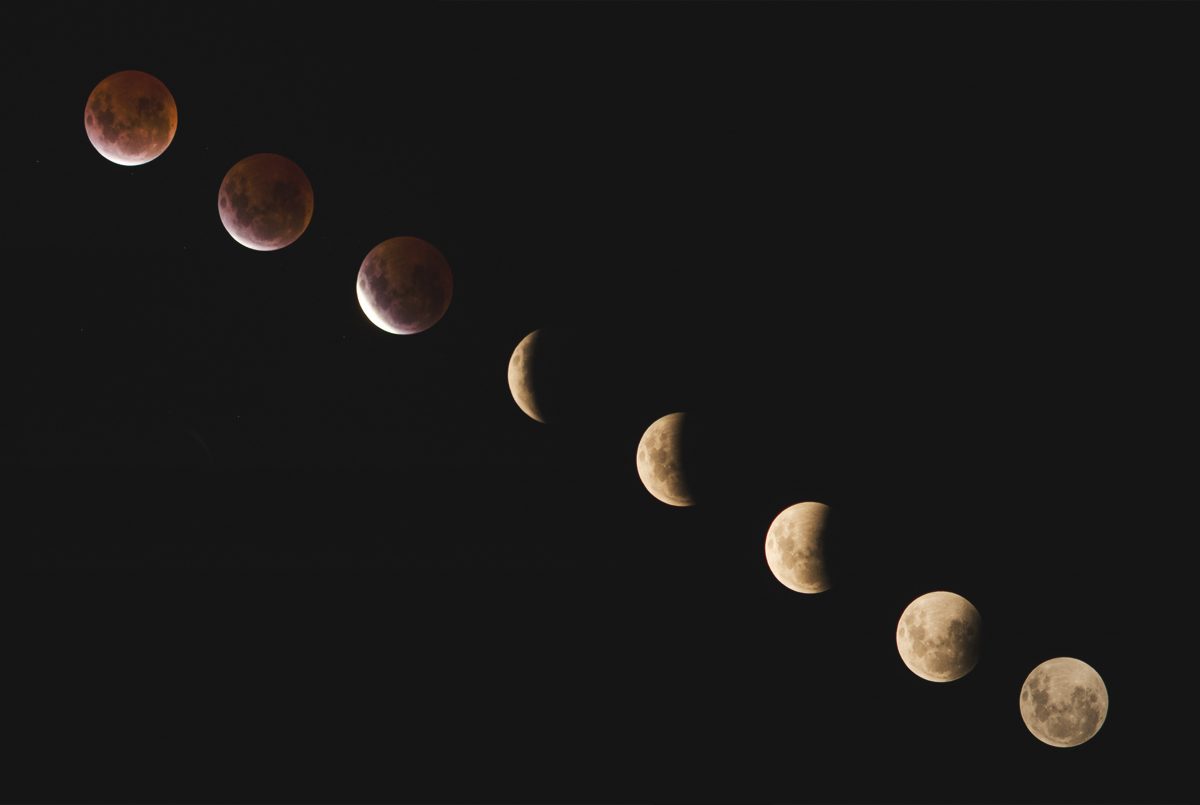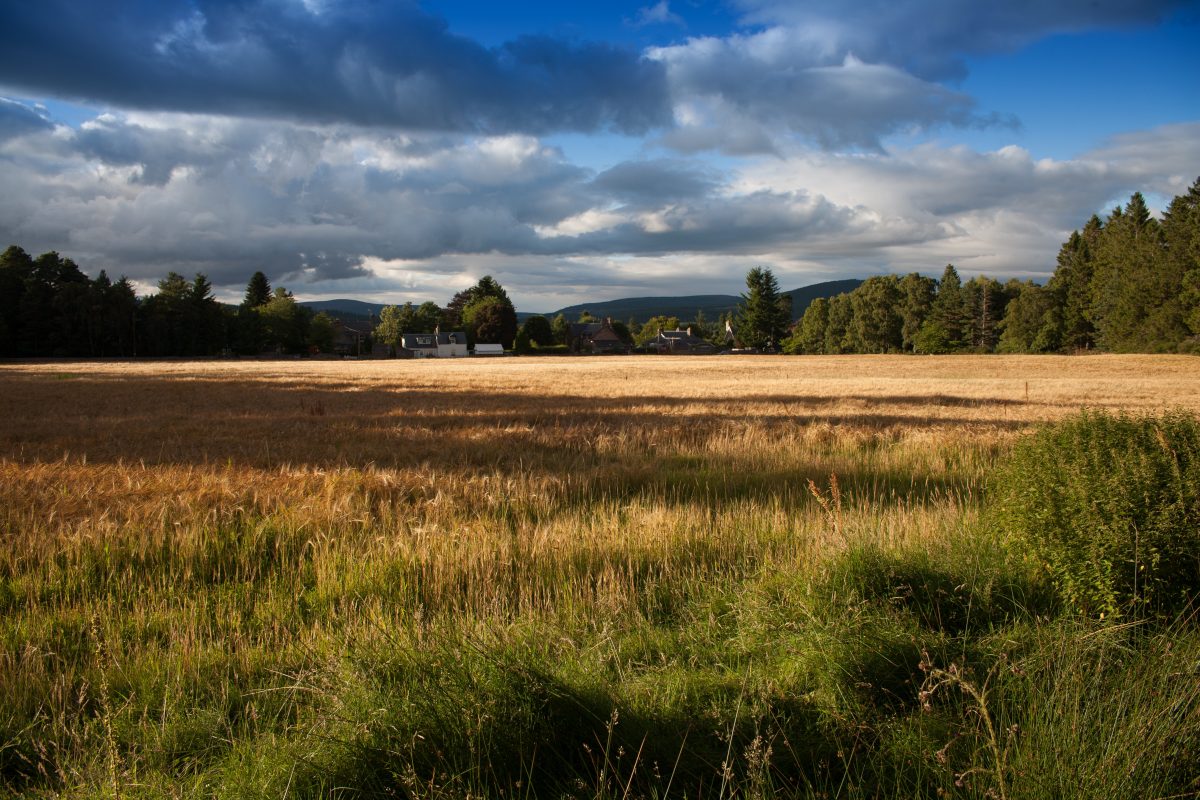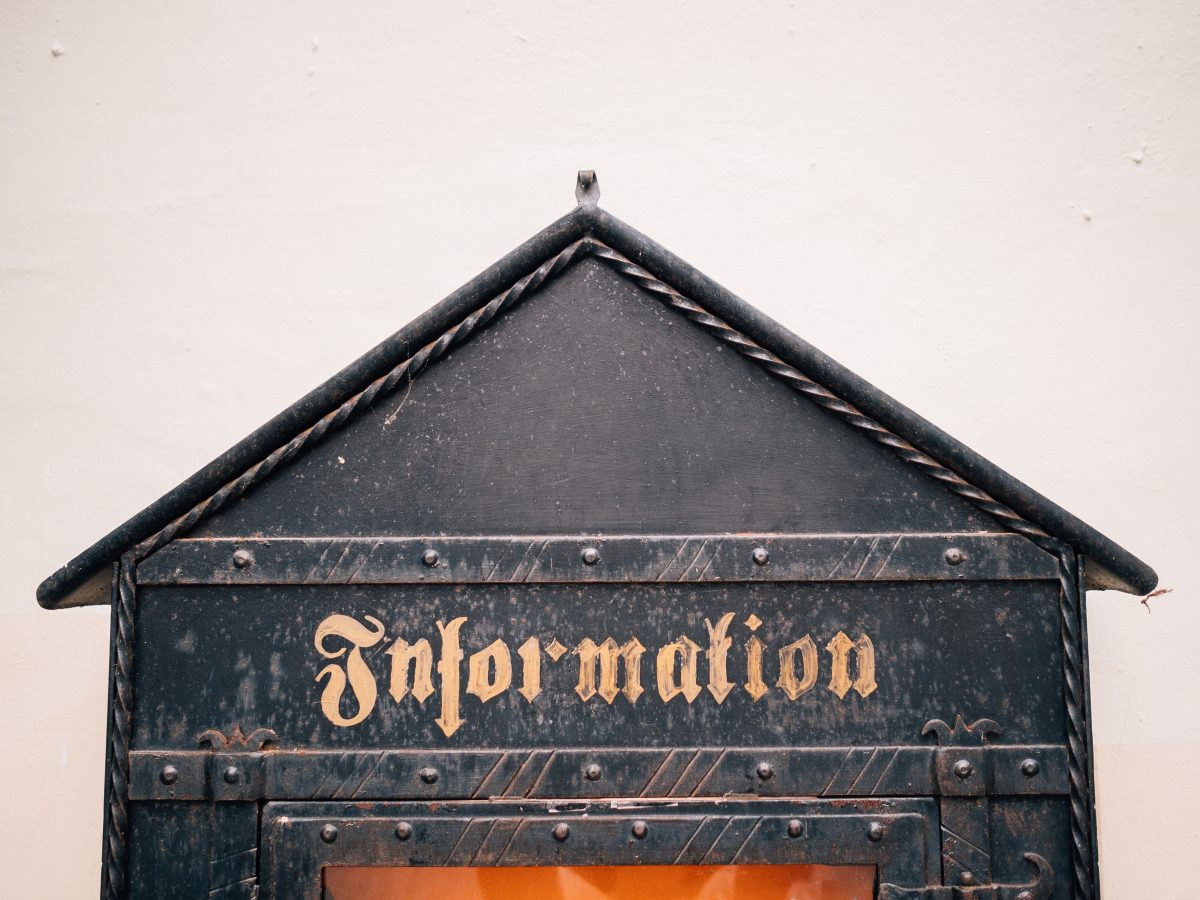Writing a year-in-review blog post has not been ‘my thing’ so far but the end of this year does put an end to the job I have had for quite some time, so looking back seems like a good thing to do. Here’s a quick summary of what I have been up to in 2017:
Podcasting
I started recording the podcast “Feierabendbier Open Education” with Markus Deimann in 2016 and I came to enjoy this quite a bit. We record unprepared conversations about readings and developments in the world of education, technology and anything related. Over the year, it always struck me when someone at a conference or in a meeting would mention that they listen to our ramblings, that they felt that they were missing something when we could not record a new episode for a couple of weeks (on average, we have a new episode every two weeks or so). All in all, a lot of time goes into this, but it helps me clarify my positions, it helps me as a non-tech person to learn some new things and it connects me to others in interesting ways.
Over the year, we have published 27 episodes. An average episode lasts about 1 hour and 44 minutes. So, if you are new to this, there’s close to 50 hours of conversations between two German guys for you just from 2017.
If you are looking for more meaningful and prepared conversations in English, I was honored to be invited by Bonni Stachowiak to record two episodes for her podcast Teaching in Higher Ed. People like Gardner Campbell, Cathy O’Neil, Maha Bali, Chris Gilliard, Cathy Davidson, Kris Shaffer, Catherine Cronin, Clint Smith, Bryan Alexander and many other brilliant minds had been on this podcast so imagine my surprise when Bonni asked me. We recorded two episodes that you can listen to here and here. And please do me (and, more importantly, yourself) a favor and subscribe to her podcast.
Virtually Connecting
Another thing that I try and spend some free time on is Virtually Connecting. It’s hard to pick a conversation that stood out for me this year but it certainly was special to organize a first round of German-speaking conversations this year and the German community seems to have developed a taste for this. The sessions at #OER17 and the Missed Conversation (I will always remember it as the one where I managed to set YouTube to only show me during the whole recording…) we had after the TowardsOpenness workshop also seemed quite special for various reasons. Introducing VConnecting to the German community included writing about it for Synergie, an open access magazine by folks at the University of Hamburg. I make this claim like a broken record, but VConnecting enhances my conference experience on-site and online in many ways and I am glad to be a part of this community.
TowardsOpenness
In 2017, Towards Openness has become another side project of mine that I would not want to miss anymore. We facilitated two workshops, one at #OER17 and one at #OEB17 at two very different events. We had some very interesting provocations around the workshop themes and it is great to see how this sticks with people and follows them in their work. It felt weird and self-centered to do a 2017 year roundup conversation at first, but I have to say that this was one of the most energizing online conversations I was a part of this year. This would not be what it is without the people who recorded provocations, co-facilitated workshops, participated in them and blogged about them. A huge thank you for that!
Consulting
Starting this year, my ‘regular’ job at Leuphana University was reduced to a 50 percent position, so I had more time for other things. It was a great coincidence that, with the start of the year, the opportunity came up to work on a project with Vodafone Germany. I wrote about this in an earlier post (or at least I tried and got distracted along the way). I think we have built something of value and the feedback from participants reconfirmed what we noticed along the way: everyone involved in this project saw something special in it for themselves, felt attached to it and they want it to go on in some way. I hope we have a chance to widen participation a little bit over the next year.
Leuphana University
This was my last year at Leuphana University. I helped get Leuphana Digital School off the ground in 2012 and have been involved there ever since. Over the past years, we worked on connected learning experiences, collaborative, peer-evaluated and project-based learning in different online formats. In 2016, we worked with university leadership to develop a strategy for the university and its use of technology in teaching in learning. We made plans on how to involve faculty, staff and students. We came up with a strategy that allowed a small provincial low-budget university to both try new things and experiment as well as to integrate technology in its pedagogy and teaching where it seemed useful. We had plans for research and dissemination and we were ready to start first projects when our university leadership killed the whole idea only to start the strategy-findng-process all over again at the end of this year. I still have no idea what the reasons for all of this were but it made me reconsider my involvement there and, looking back now, I am glad that I did. Dec 29 was my last work day at Leuphana. Next up: Wikimedia.
Wikimedia
Starting next year, I will be joining Wikimedia Germany as “Education and Science Advisor”. I wrote about this in a short German post. I glad that this worked out the way it has. Wikimedia has its offices in Berlin which means I will be travelling quite a bit over the next weeks and months. But, more importantly, I get to work with a great team on things I am interested in. More on this once I am settled in. As an exemplary employee, I am kicking things off there with a two week vacation so my first actual workday will be on Jan 15. This new job will still leave about two days per week free for other work and projects, so I hope I can continue consulting, podcasting, TowardsOpenness, VConnecting and many other things. But my primary focus will be on Wikimedia for the next months.
This year had lots of challenges for me, both professionally and in my private life. Looking back now, it seems like it all fell into place. I grew some more grey hair. I lost a very good friend. I moved in with my partner, I quit a job and found a new one, I got to travel to some conferences, I had the opportunity to meet and work with inspiring people. And it feels like 2018 will be both challenging and rewarding as well.
Header Image by Nathan Anderson via unsplash.
